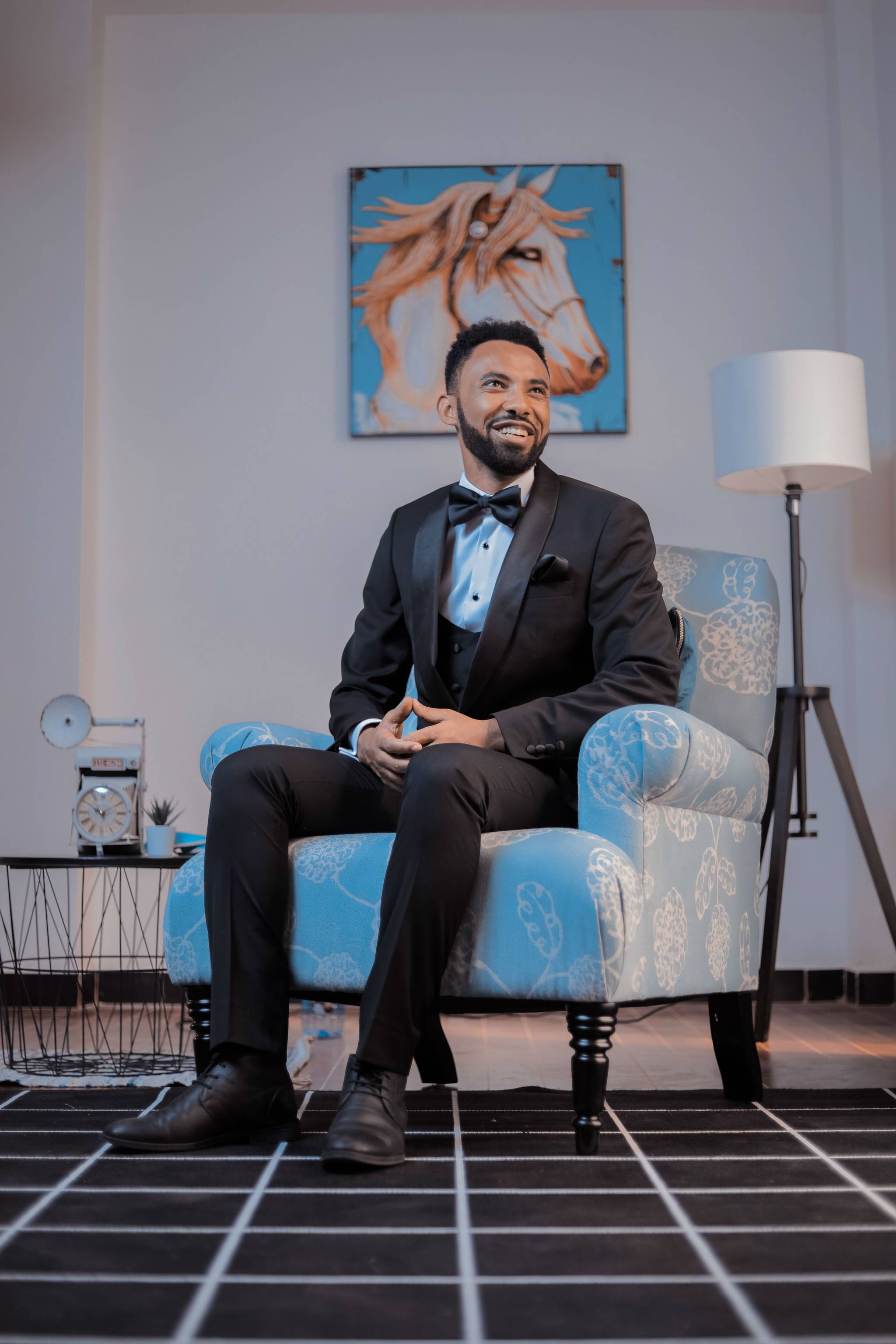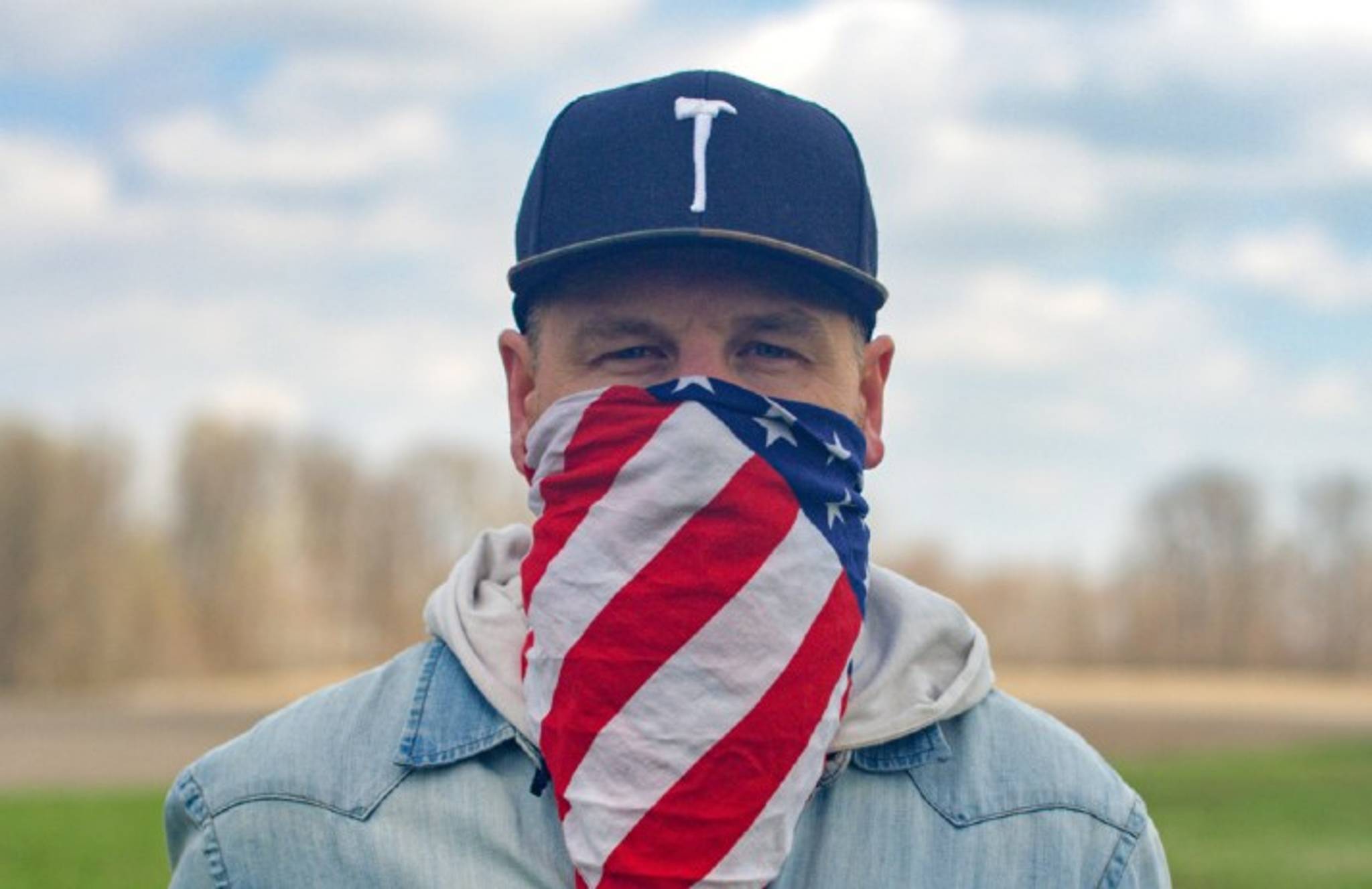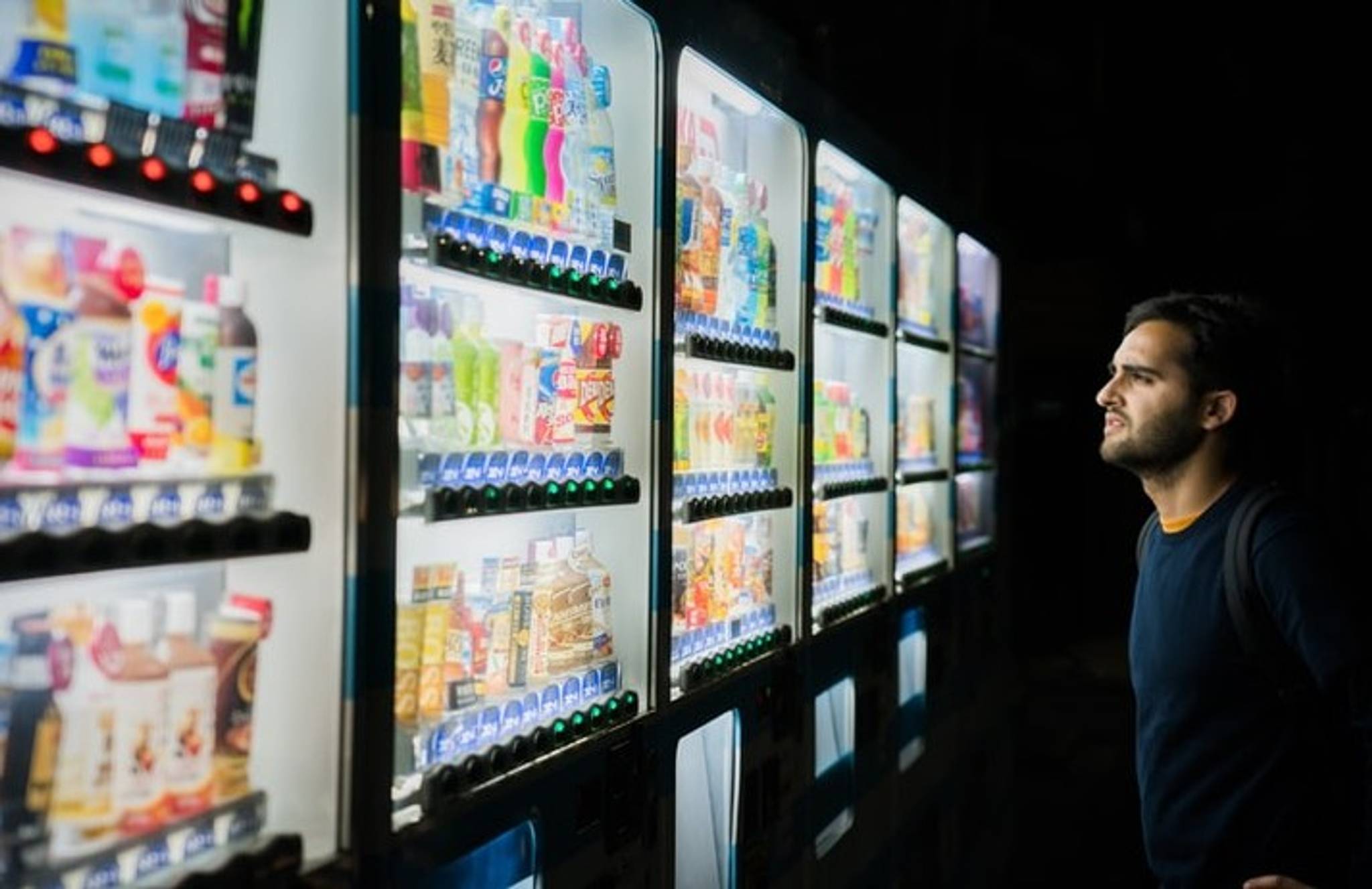
A study has found that when people feel vulnerable and their most anxious, they’re more inclined to make decisions based on personal anecdotes, rather than facts. For brands, this shows that using anecdotes based on science can be a way to influence behavioral changes during the pandemic. We explore the insights on anxiety and its effect on decision making.
Marketing professors at the University of Texas have found that people are more likely to base decisions on personal history and anecdotes than facts, especially in relation to medical emergencies. The experts claim that this is because decision-making is hampered by the stress of medical emergencies – they point to the toilet paper panic-buying during the early stages of the coronavirus pandemic as an example. "They are especially dismissive of facts if the incident is something they personally experienced," says Dr. Traci Freling, one of the paper's authors. "Specifically, we show that when an issue is health-related, personally relevant, or highly threatening, then decision-making is compromised and people tend to rely on anecdotes."
The research also uncovered that when making decisions for themselves, people do so in a far less rational way than when they are making decisions for others. According to the study, when the stakes are lower and stress is less of an issue, “people tend to take cold, hard facts into account rather than personal accounts and stories."
A poll conducted by Monmouth University Polling Institute in May 2020 found that 42% of Americans are very concerned about someone in their family becoming seriously ill from coronavirus, and 28% are somewhat concerned, with only 17% claiming to not be concerned at all. With these relatively high levels of stress across the country, Dr. Elten Briggs, chair of the department of marketing at the University of Texas, says the research “provides guidance on how to craft more influential messaging during times like these, when anxiety is heightened for so many people." As well as relaying facts, healthcare brands could look to incorporate anecdotes into their messaging to nudge behavioral change.
Louis Tozer is a Behavioural Analyst of Social Sciences at Canvas8. He holds a M.A. in History from UCL School of Slavonic and East European Studies and is a former Research Assistant at The Institute of Philosophy and Social Theory in Belgrade. He *could formerly* be found in the pub with friends or at Roots Hall, the home of Southend United.



